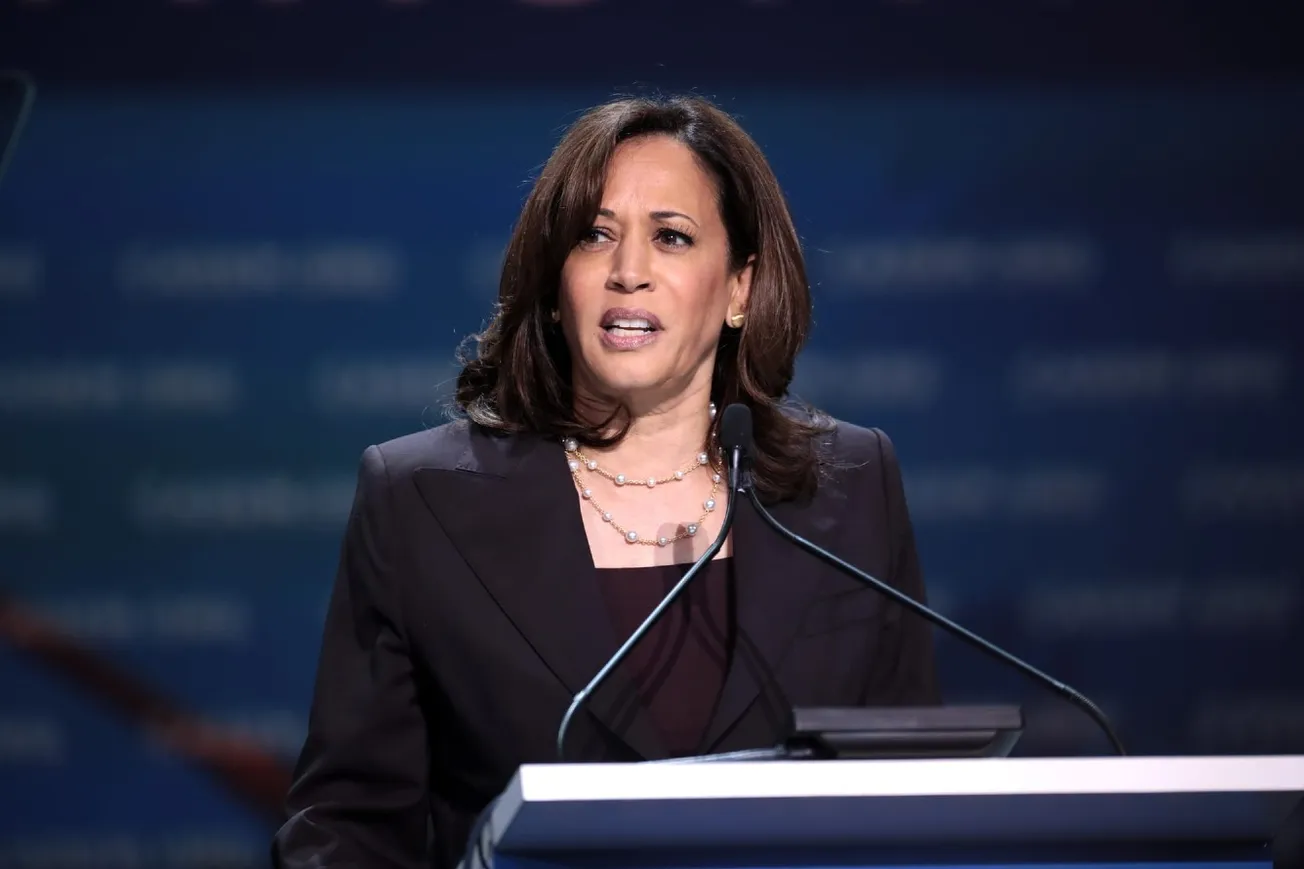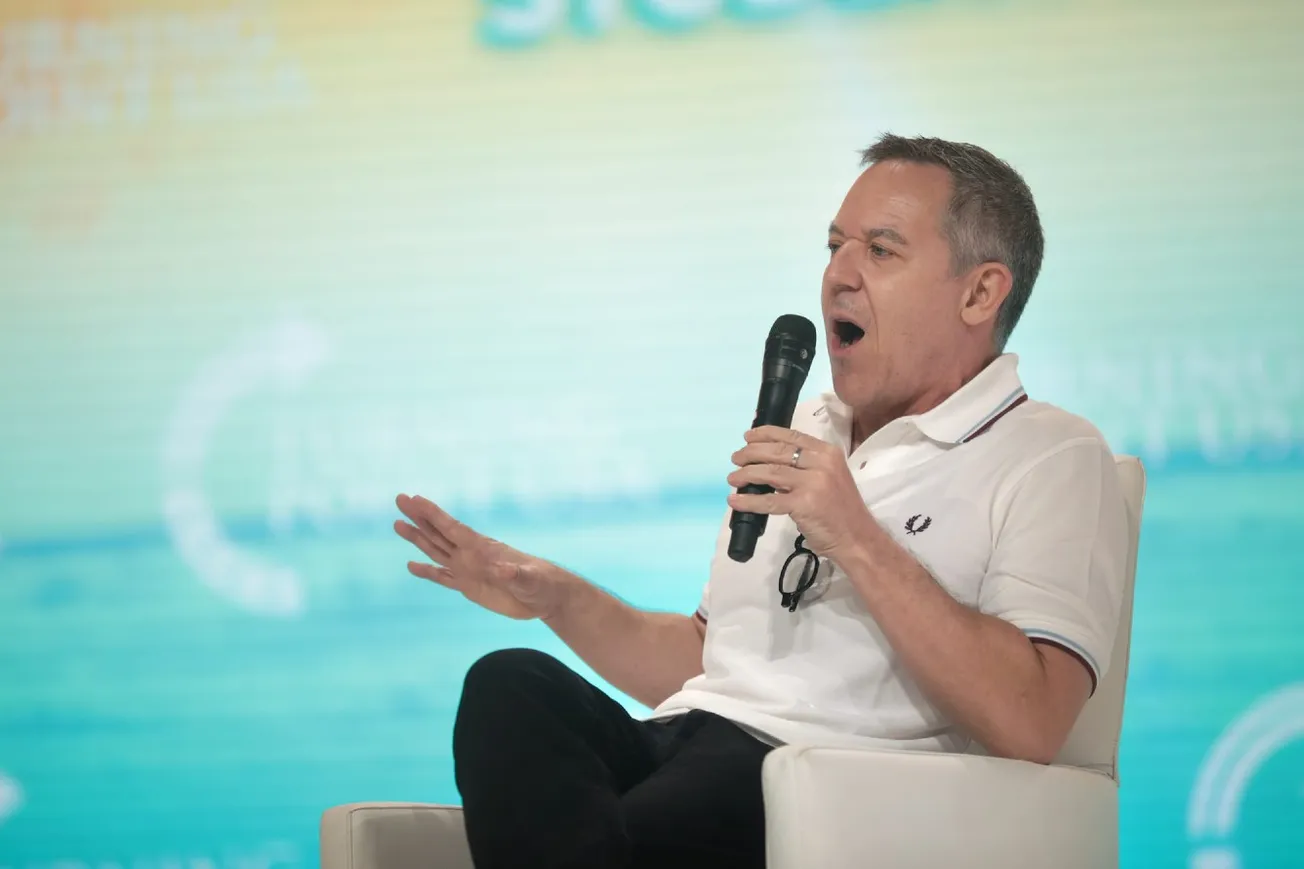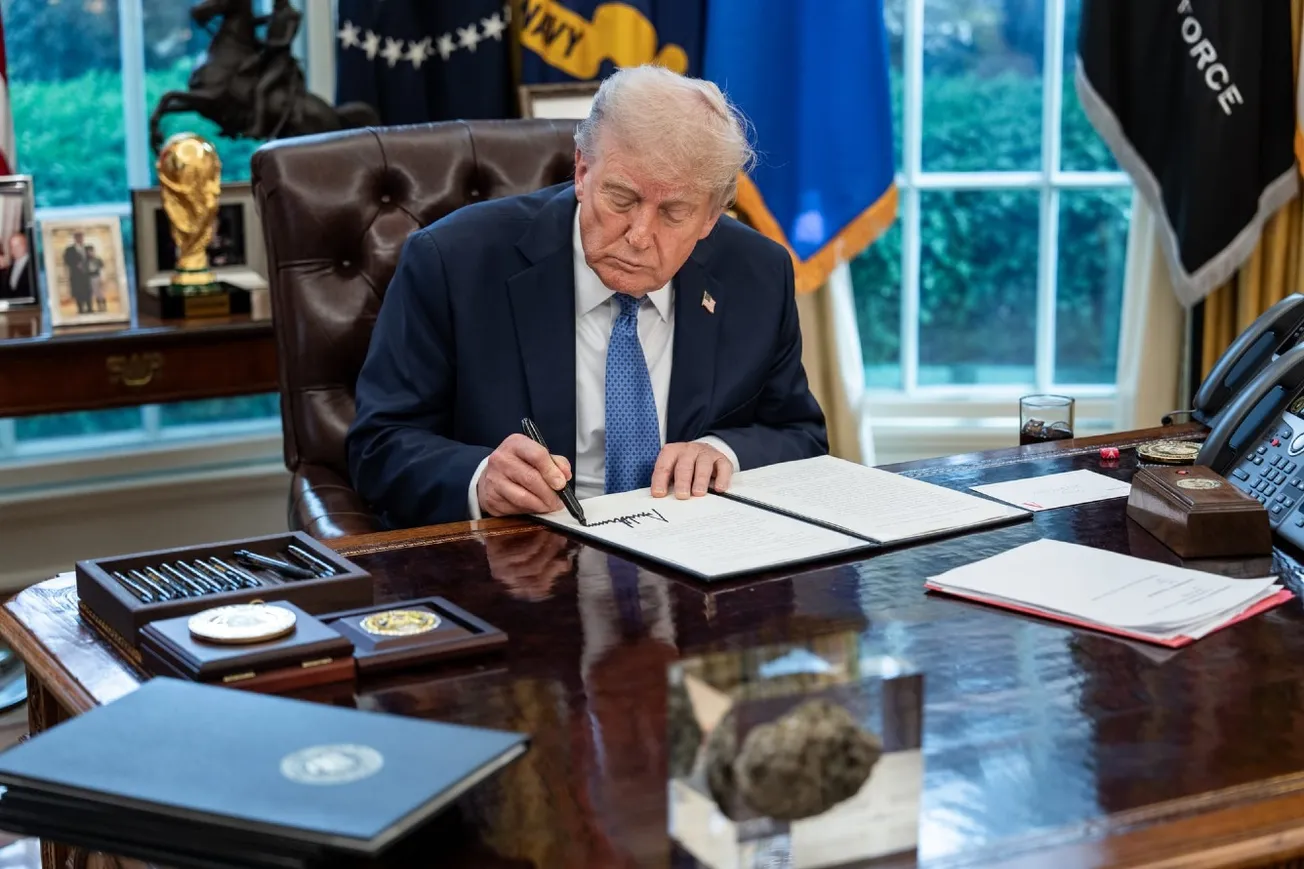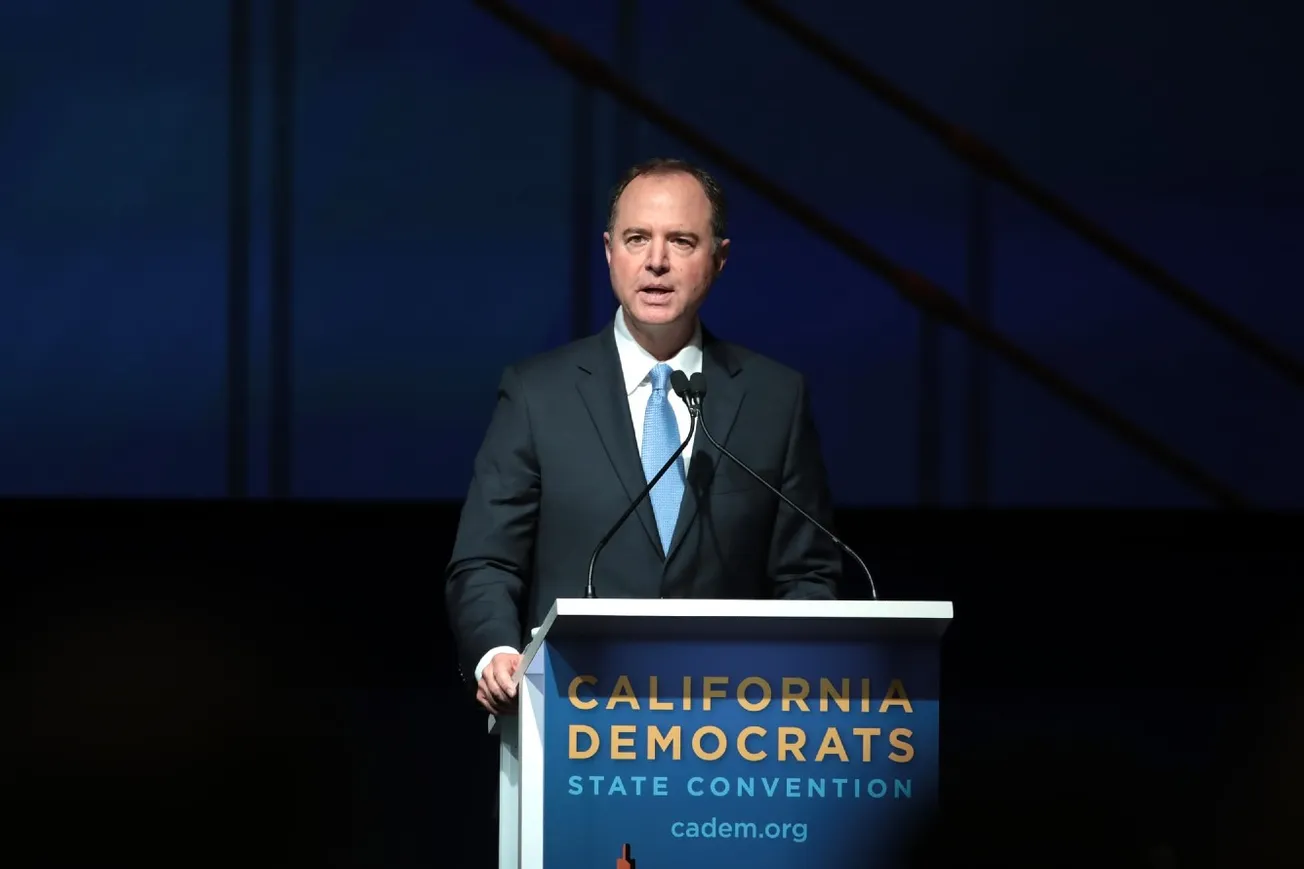Hey, wake up! Back in 2008, Obama’s "hope and change" mantra worked because it resonated amid a financial tsunami under Bush. He was running against the incumbent party. So why are Obama’s old campaign hands trying to shove a square peg into a round hole with Harris, pushing the same "ambitions-aspirations-dreams" message? The only problem is that Kamala Harris is the Vice President of the incumbent party. It’s not just a rhetorical mismatch—it’s the ultimate gaslighting. It lacks creativity—and it makes no sense.
Vice President Kamala Harris, appearing on MSNBC with Stephanie Ruhle, repeated her practiced line for the hundredth time:
I really love and am so energized by what I know to be the spirit and character of the American people. We have ambition; we have aspirations; we have dreams; we can see what's possible.
Her response was to a straightforward question:
Madam Vice President, you just laid out your economic vision for the future. But still, there are lots of Americans who don't see themselves in your plan. For those who say these policies aren't for me, what do you say to them?
As expected, Ruhle, who had previously said the interview was not about the issues, empathetically nodded and let Harris's statement go without scrutinizing her. What a humbug!
Harris's difficulty has been in trying to distance herself from President Biden's record and assert an independent vision—but even Biden said on The View that Harris was integral to his administration. "As vice president, there wasn't a single thing that I did that she couldn't do…so I was able to delegate her responsibility from foreign policy to domestic policy." In effect, Harris is just as responsible for America's economic mess as Biden is.
Here are two examples of how disastrous Harris's policies have been for Americans on the street.
Flexible rent payment options are becoming popular. Millions of families are unable to pay their rent on time because rents have skyrocketed beyond pay increases. Landlords impose strict deadlines on when rents are due (generally the third of each month) and begin levying hefty penalties for each day the rent is late. Landlords also immediately report late rent payments to credit bureaus, bringing down the renters' FICO scores and making it more expensive to take a mortgage when they are ready to buy a home.
America is a land of innovation, and private enterprises constantly introduce new products and services to exploit market conditions. Enter Flex, a financial technology company, not a bank. It has introduced a service by working with an existing bank that instantly appeals to millions of families. Rather than have a renter be late on a $1,500 rent payment, Flex offers an installment plan. The renter pays $909 on the first of the month, with the balance paid by Flex to the landlord on the same day. By doing so, the renter's payment is not late. The renter privately pays the balance amount ($606) to Flex on the 15th of the month, and for this privilege, Flex charges the renter a $14.99 monthly subscription fee: American capitalism in action.
Apple's App Store doesn't tell us how many times the Flex app has been downloaded, but more than 136,000 renters have left comments indicating that it is a vibrant and popular app. (We didn't check the Google Play Store for similar statistics.) Flex has competitors, like Livble and Deferit, which offer the same basic service. We can conclude that Americans are changing the way they live to adjust to the pressures brought about by Harris's governance.
The more significant issue is: Why are millions of families unable to make their rent payments?
Harris's policies flooded the economy with borrowed cash, increasing inflation so much that when the Fed raised rates, landlords had to raise rents to cover their debt service costs. Increased interest rates hurt Americans' credit card and auto loan payments as those went up, too. With stops at the grocery store costing so much more, Americans' ability to afford things fell. As we noted in an August editorial, nearly half of all renters spend more than 30% of their income on rent, with a quarter spending over 50%. How does Harris's Ambitions-Aspirations-Dreams mantra square with this reality? Why didn't Ruhle press Harris for a response?
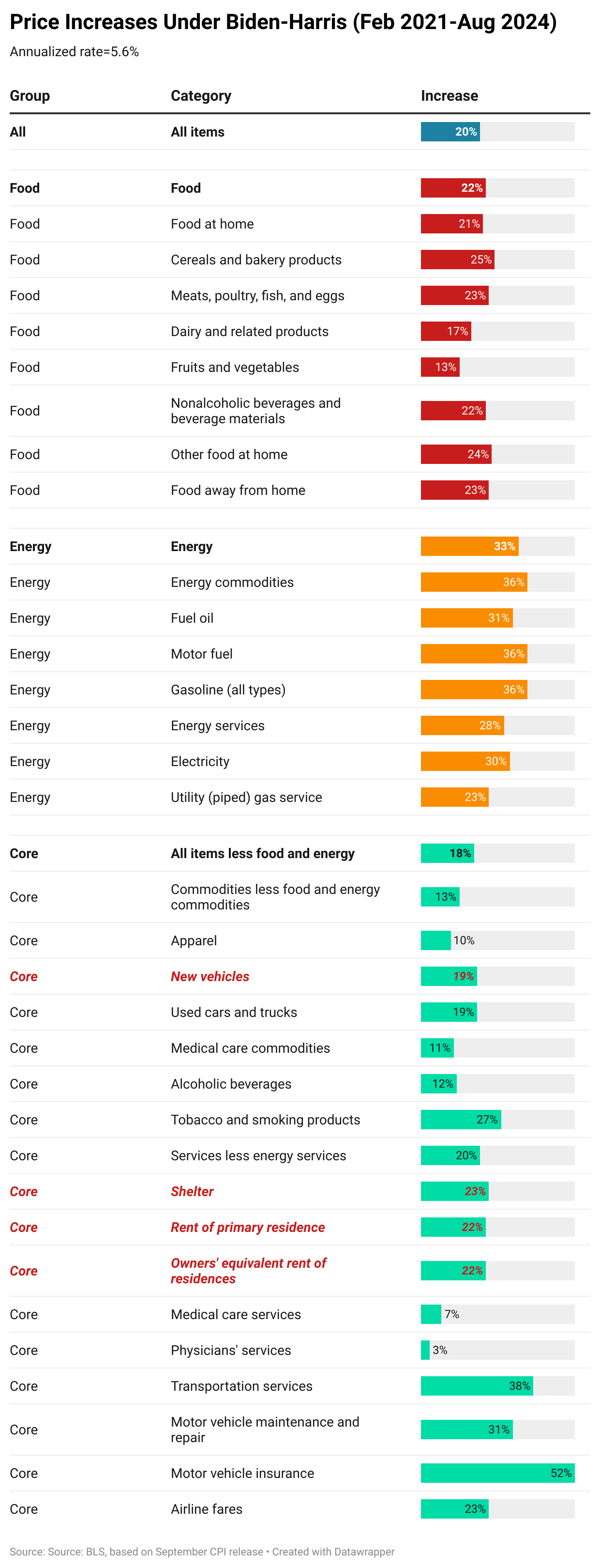
Affording a vehicle is challenging for American households. When consumers visit an automobile dealership, they don't consider the total price they will pay for a car. Most consumers don't even negotiate the price down. Instead, they are thinking: "What is the lowest monthly payment that I can afford and still be able to drive away in a vehicle?" - and will begin negotiating lower monthly payments.
The monthly payment mindset is as American as apple pie. As vehicle costs rise and interest rates increase, dealerships have responded not by offering great deals but by cleverly extending the life of the loan. The longer the term, the lower the monthly payment, making everyone happy - the buyer, the dealerships, and the banks.
[Car loans began shifting from the traditional 60-month terms to 72-month terms around the mid-2000s, particularly gaining popularity during the financial crisis of 2008-2009. By the 2010s, 72-month loans became more common, and even 84-month loans began to appear as consumers sought lower monthly payments].
The Harris economy is so hurting the American consumer that even a 72-month loan is becoming unaffordable. According to Experian, the average monthly payment for a new vehicle reached $734 in the second quarter of 2024, $1 higher than in 2023. [For comparison, this was $618 in Q3 2021.]
Wilbert van der Klaauw, an economic research advisor at the New York Fed, said in February in a stinging research note critical of the Harris economy: "Credit card and auto loan transitions into delinquency are still rising above pre-pandemic levels...this signals increased financial stress, especially among younger and lower-income households." In other words, unable to make such large payments, many Americans are walking away from their loan obligations.
How are they coping, then? Americans are beginning to lease vehicles rather than buy them outright. Thanks to the terrible Harris economy, this change of behavior is being forced on Americans by their need to conserve every discretionary dollar. Experian says that the average monthly payment for a leased vehicle was $148 less than a loan in the second quarter of 2024.
Leasing a car is a terrible situation for a family. As technological advancements improve the life of a car, a family is better off buying a car. At least, after the 72-month loan term, the family owns the vehicle outright and can continue using the car for several years more.
However, leasing gives the consumer nothing at the end of the lease term. The consumer drops the vehicle off at the dealership and takes the bus home. Under the Harris economy, the number of auto leases increased from 19.30% in Q2 2022 to a whopping 25.35% in Q2 2024.
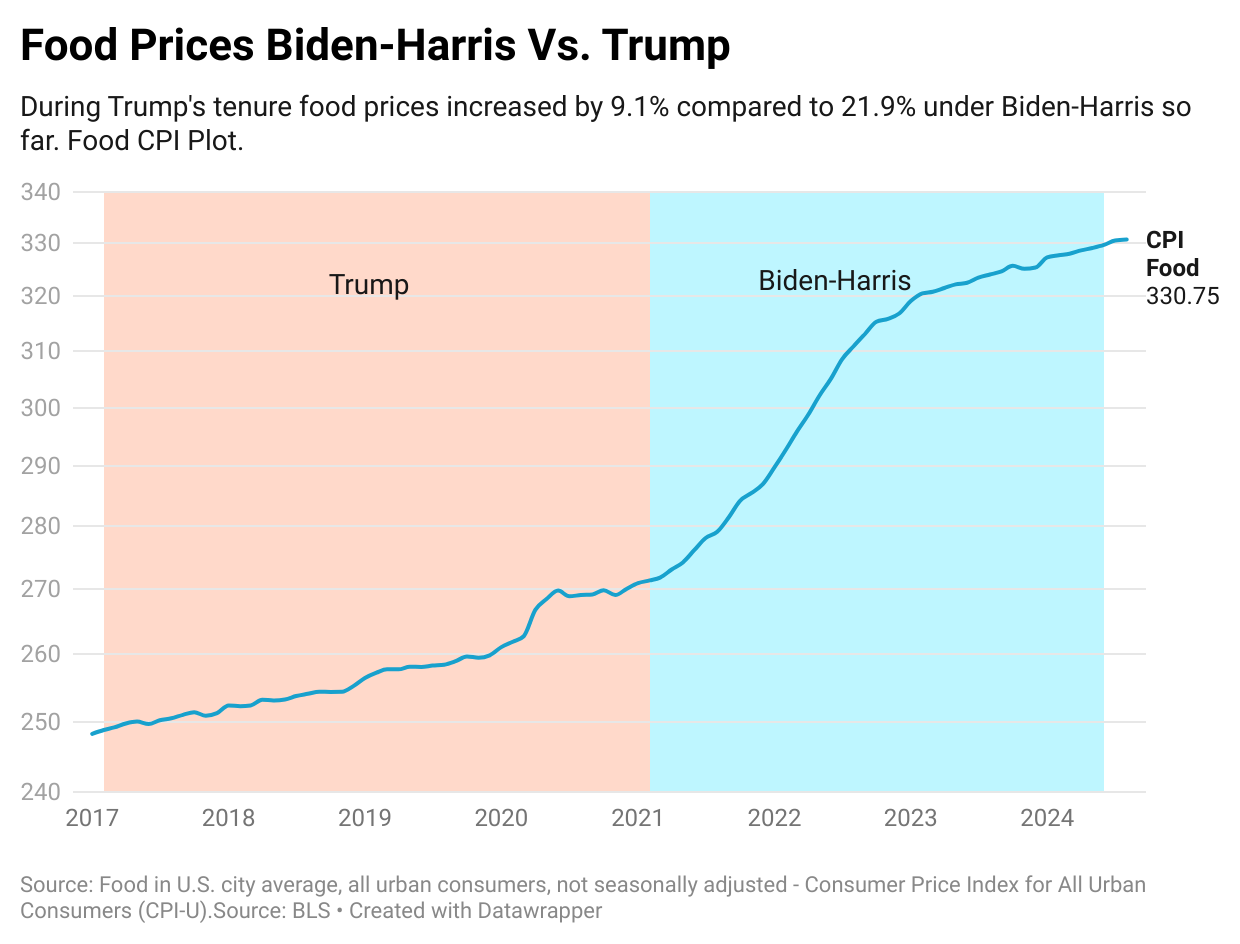
Each week, American families gather around the dining table to see how they must change behaviors to conserve every dollar and cope. Meanwhile, Harris's Ambitions-Aspirations-Dreams mantra falls flat at that same dining table. It is little wonder that Harris is trailing Trump in several battleground states.
And, in a disservice to Americans, Stephanie Ruhle wore such a sycophant air throughout her interview that she never pressed Harris on the things that matter.


